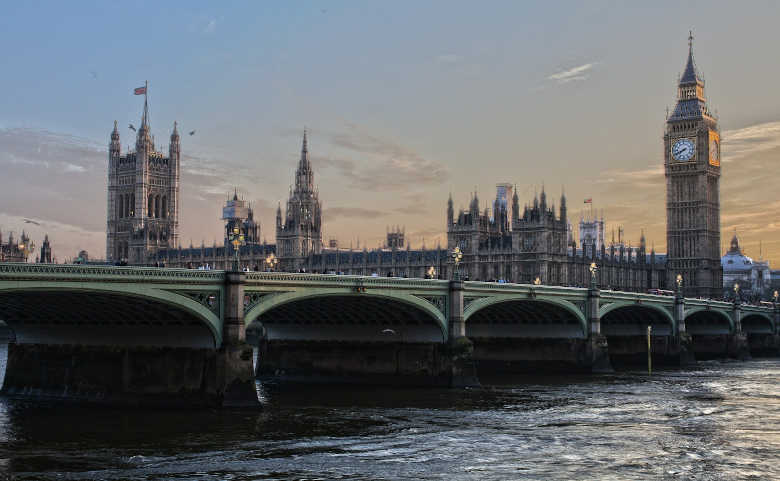The Telegraph, November 5, Roger Bootle
Artificial intelligence (AI) was in the forefront of the news last week thanks to the safety summit held at Bletchley Park, where the AI pioneer Alan Turing worked during the war on decoding the German Enigma code.
On top of that, our prime minister, Rishi Sunak, staged a discussion in London with Elon Musk, the billionaire and tech guru. Elon Musk declared that in the future we would not have to work at all.
This is by no means a new idea. John Maynard Keynes had a similar vision, almost 100 years ago.
In his essay, Economic Possibilities for our Grandchildren, published in 1931, he suggested that the accumulation of capital and the advance of technological knowhow were so powerful that within the next 100 years, the average working week would be reduced to about 15 hours. And all this without the advances of AI. He has been proved wrong, of course. So far.
It is extremely difficult to get AI and its implications for humanity into perspective. Its speed of development is both terrifyingly fast and disappointingly slow. You could say that this is nothing new in the world of technological development. It took about 50 years for the discovery of electricity to transform our economy.
Click here to read the piece in full.

